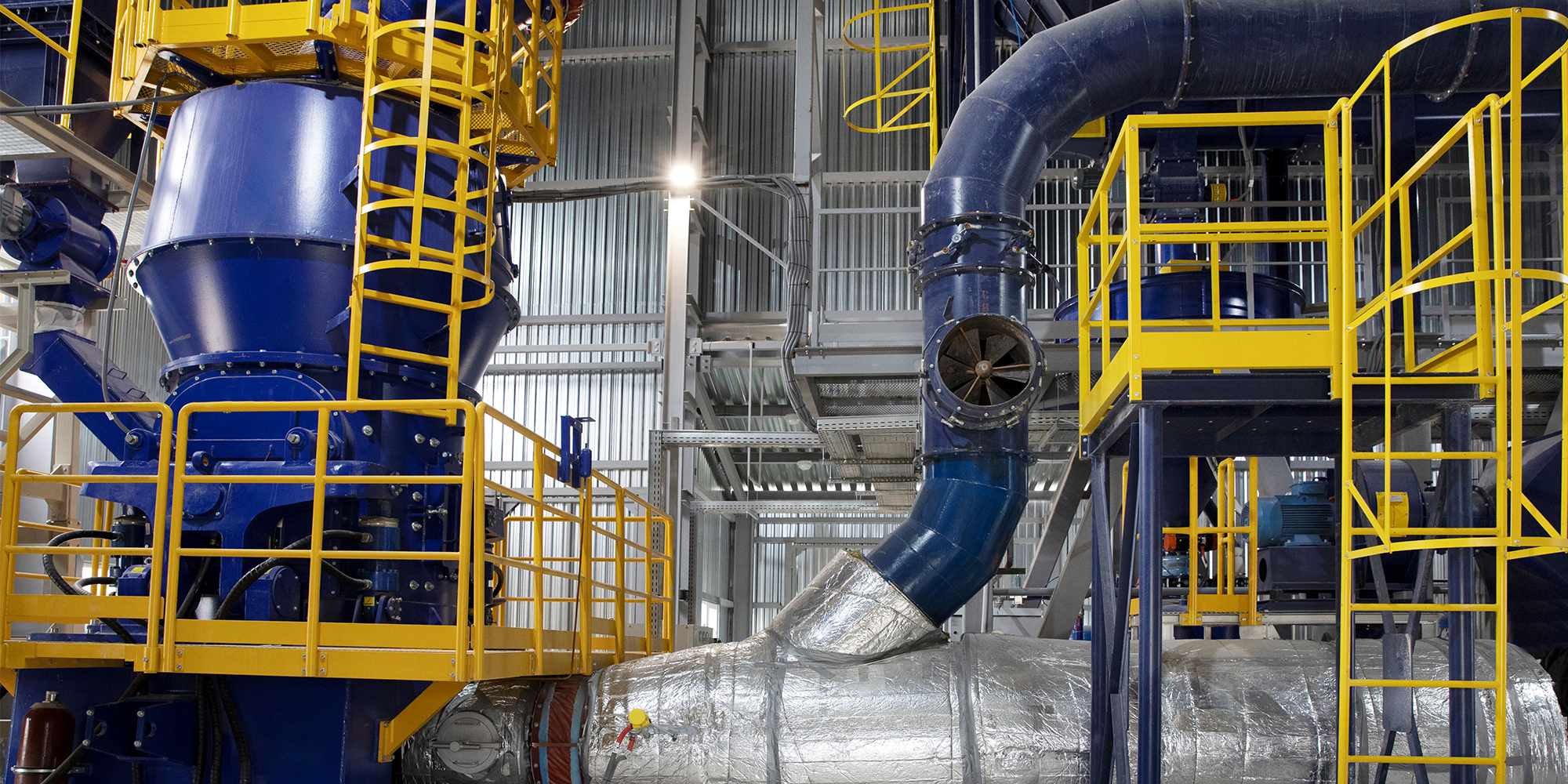
Factors to Consider for Cooling in the Chemical Industry Using HVAC Systems
In the chemical business, cooling is essential for preserving worker safety, product quality, and process effectiveness. Effective HVAC system design for cooling in chemical facilities necessitates careful consideration of a number of characteristics unique to this sector.
The following are the important considerations:
Temperature Control for Processes:
Chemical operations frequently require exact temperature control to provide the best possible reaction rates and product quality. The facility must be able to maintain consistent and precise temperatures thanks to the HVAC system.
Heat Load Calculation:
Accurate heat load estimates are required to determine the cooling requirements of the facility based on the kind and scale of chemical processes, equipment, and machinery.
Chemical Compatibility:
To avoid contamination and potential risks, HVAC components, materials, and refrigerants must be chosen based on their compatibility with the chemicals used in the processes.
Ventilation and Air Quality:
To control chemical fumes, vapours, and airborne particles, proper ventilation is essential. To keep the workplace safe and healthy for employees, the HVAC system should have effective air filtering.
Emergency Cooling:
In the event of equipment failure or power outages, it is essential to put emergency cooling measures into place to avoid overheating and associated dangers.
Corrosion Resistance:
HVAC equipment is exposed to potentially corrosive materials in chemical settings. It’s crucial to choose corrosion-resistant materials to guarantee the cooling system’s dependability and lifespan.
Compliance with Safety Regulations:
To guard against potential threats, the HVAC system must adhere to industry standards and safety laws.
Redundancy and Reliability:
To guarantee continuous operation and prevent downtime that can disturb crucial chemical processes, think about installing redundant cooling systems.
Energy Efficiency:
The environmental impact of cooling operations can be minimized by using energy-efficient HVAC parts and controls.
Temperature Differentials:
Significant temperature differences between indoor and outdoor locations may be necessary for some chemical reactions. Such needs must be efficiently handled by the HVAC system.
Remote Monitoring and Control:
Real-time monitoring of cooling operations and prompt troubleshooting are made possible by implementing remote monitoring and control capabilities.
Cleanroom Cooling:
HVAC systems must maintain rigorous humidity and temperature controls in cleanroom settings in the chemical industry to avoid contamination and guarantee product quality.
Process Cooling Water:
Water cooling is necessary for some chemical reactions and equipment. For effective cooling, the HVAC setup must incorporate process cooling water systems.
Maintenance and Serviceability:
To reduce downtime and guarantee smooth operations, the HVAC system should be designed with ease of serviceability in mind.
Environmental Impact:
Reducing the facility’s carbon footprint by using environmentally friendly refrigerants and energy-saving technologies is in line with sustainability objectives.
You can create a strong and effective cooling system that matches the unique needs of your chemical plant while guaranteeing the safety of workers and operations by taking these considerations into consideration and working with skilled HVAC professionals who are knowledgeable about the chemical industry.
Galaxy Technical Services is well-known among HVAC contracting businesses in Dubai for performing various types of HVAC work, including annual maintenance contracts for residential, commercial, and industrial buildings, as well as factories, hospitals, and villas.

